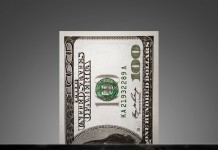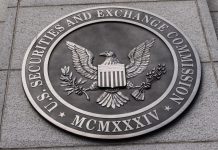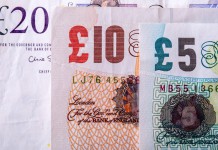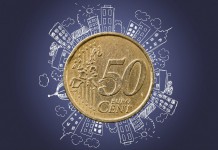Draghi comments “out of context”?
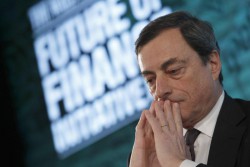 The President of the ECB, Mario Draghi has been at pains to say that there is a clear definition between the removal of stimulus and the hiking of rates.
The President of the ECB, Mario Draghi has been at pains to say that there is a clear definition between the removal of stimulus and the hiking of rates.
He has made two speeches this week, one dovish, the other a little more hawkish and it is clear from the reaction of the common currency that traders are “in the mood” to see a normalisation of monetary policy as a precursor to rate hikes.
The Euro is on course to have its best quarterly performance for seven years having risen by almost seven and a half percent. It has climbed by 2.2% this week alone.
The Euro and to an even more dramatic extent, Sterling are benefitting from both the market’s view on a tightening of monetary policy in their own economies as well as speculation over a pause in hikes in the U.S.
Sterling looks set to end the quarter above 1.3000 against the dollar, the first time this has happened since last September.
The Eur/Gbp cross has remained stable since the rise following the result of the U.K. election. The 0.8800 level appears pivotal but with Sterling end of month buying a regular feature any upside for the common currency will be limited.
U.K. Government survives tough week
 Traders love political drama almost as much as changes in monetary policy. Since the U.K. General Election, the “soap opera” of a minority Government scrambling for support has led to fluctuations for the pound as uncertainty has reigned. Over the past week some degree of normality has returned and the Government has managed to secure a deal that allows it to remain in power.
Traders love political drama almost as much as changes in monetary policy. Since the U.K. General Election, the “soap opera” of a minority Government scrambling for support has led to fluctuations for the pound as uncertainty has reigned. Over the past week some degree of normality has returned and the Government has managed to secure a deal that allows it to remain in power.
An amendment promoted by the opposition Labour Party to the Bill on The Queen’s Speech was defeated comfortably and the final vote on the programme of legislation for the next two years was passed easily. With Parliament going into summer recess on July 22, the political headwinds facing sterling should recede.
Bank of England on path to higher rates
 BoE Governor Mark Carney has heeded the words of his Chief Economist Andrew Haldane and decided that inflation is unlikely to fall close to the Government’s target of 2% without additional assistance.
BoE Governor Mark Carney has heeded the words of his Chief Economist Andrew Haldane and decided that inflation is unlikely to fall close to the Government’s target of 2% without additional assistance.
Haldane commented a couple of weeks ago that he was considering changing his vote at the next MPC meeting citing continuing and growing inflationary pressures. It is thought that conversations between Carney and Haldane have led to Carney being convinced by Haldane’s argument.
Week of major data culminates in NFP
Following two relatively fallow weeks for economic data, next week will see several releases that will set the tone as the market heads into a summer lull.
Services and manufacturing indexes will be released in the U.S. and Eurozone. This data has shown a gradual improvement with the U.S. surprisingly lagging.
There is a rate decision in Australia on Tuesday with rates likely to unchanged although a more hawkish press release is expected given the strong data being seen from China recently. China purchases raw materials from Australia and the two economies are becoming more closely correlated.
In the U.K. the NIESR a highly respected research institute will release its estimate of GDP for the past three months. It is likely that growth was unchanged at 0.2%. This will be disappointing on the surface but when taking into consideration Brexit and the election fiasco, a positive number will bring some degree of relief.
Finally, we have the U.S. employment report. Look out for a revision (probably upwards) of the May number and a headline number closer to +180k. Hourly pay and hours worked are now more significant so any change in those numbers will call into question the next rate hike.




